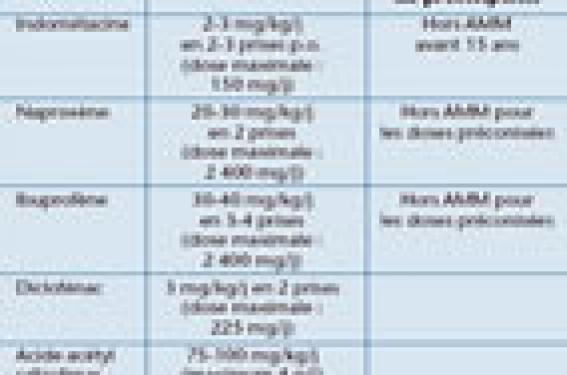The dynamics surrounding Robert F. Kennedy Jr.’s nomination to the Department of Health and Human Services (HHS) seem to be strengthening. After securing the support of a key member of the Senate Finance Committee, the prospects for approval of his candidacy are looking favorable. This crucial support could influence the upcoming votes and determine the outcome of this nomination, which evokes divergent passions in the American political landscape.

Robert F. Kennedy Jr., attorney and environmental activist, is advancing towards his position as Secretary of Health and Human Services, commonly known by the acronym HHS. Recently, his nomination received crucial support from a key member of the Senate. This support could have significant repercussions on the approval process and on how public health will be managed in the future. The consequences of this nomination are not limited to politics but could also influence the health sector, particularly concerning regulation and vaccines.
The motivations behind the support for the nomination
The reasons for this support go beyond simple political affiliations. Some elected officials believe that Kennedy could bring a fresh perspective and a change within the HHS. His approach, although controversial, has attracted media and public attention. As a public figure who has expressed concerns regarding the safety of vaccines, Kennedy is seen by many supporters as a champion of transparency and accountability in health policies. This support could be viewed as a strategic move towards a reform of public health practices in the United States.
Implications for the future of public health
The path ahead for Kennedy could mark a decisive turning point for public health. With a nomination to the HHS, he would have more than 80,000 employees and a total budget exceeding $1.7 trillion under his direction. Such responsibilities involve not only challenges but also opportunities. His accountability-based approach could redefine how health services are provided to the public. The repercussions of his policies could be felt long-term in areas such as disease prevention and response to future health crises, creating an urgent need for innovation in health management.
The nomination of Robert F. Kennedy Jr. as Secretary of Health and Human Services (HHS) in the United States marks a decisive turning point within the Donald Trump administration. By obtaining the support of a key member of the Senate, this move raises questions about its implications for public health policy as well as the future of vaccine regulation. Kennedy’s hearing has sparked a heated debate, not only due to his controversial past as an environmental attorney, but also as a vaccine critic. This context increases the responsibility on his shoulders, as he could influence decisions that significantly impact the health of Americans.
The enthusiastic support from influential Republicans in the Senate, displayed during the recent session, reflects the Trump administration’s willingness to move forward with this nomination despite the hesitations expressed by some Democrats. This support could contribute to a dynamic that challenges existing protocols in the health field. Concerns about his stance on vaccines and other health policies may skew the direction the HHS could take under his leadership.
As he moves forward in the confirmation process, Kennedy must balance the weight of expectations, criticism, and the implications that his decisions could have for the medical community. His commitment to a controversial vision could lead to radical changes in public health strategies, potentially disrupting an already evolving sector. As his path unfolds, the community awaits to see how he will navigate these turmoils while remaining true to his convictions.














